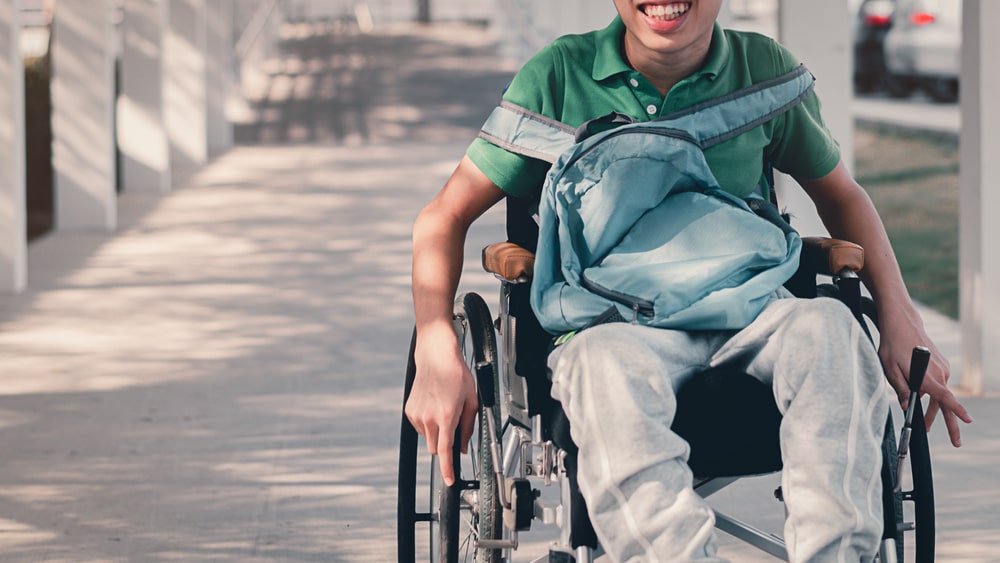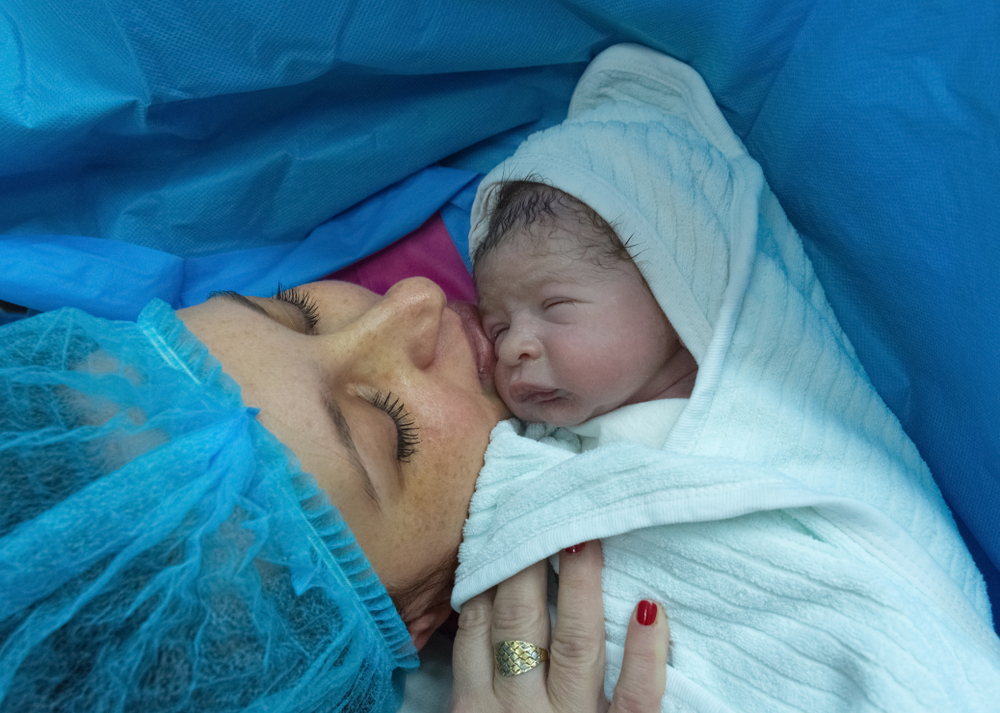Children's Health
why does your child remain silent in front of other people?

In many cases, some children go through a state of silence towards certain situation, without any apparent reason. Parents usually think that their kids are showing shyness that will disappear over time. However, this is not always the case, where some children are thought to have a disorder called Selective Mutism.
What is Selective Mutism?
Selective Mutism is a childhood anxiety disorder characterized by the child’s inability to speak in specific social situations, such as school.
These Children are able to communicate and speak with others in situations where they feel comfortable and safe.
Those children with Selective Mutism may be able to communicate verbally at home in the presence of immediate family members such as their parents and siblings but might find it difficult to speak around extended family members such as grandparents and cousins (American Psychiatric Association, 2013).
Most children with selective mutism also have social anxiety or social phobia. These children are highly affected by this as they feel genuine fear when confronted with situations where they are asked the simplest of questions, like what’s your name.
Some children have difficulties in both verbal and nonverbal communication such as eye contact, facial expressions, gestures, and nodding or pointing.
This might also be a challenge for young children, where they may fail to ask to go to the bathroom, or for help with a task in specific scenarios. Some of the common fearful scenarios for children with Selective Mutism are birthday parties, running errands with parents, school and family gatherings.
Not all children manifest their anxiety in the same way. Some might find it difficult to speak or communicate in anyway and thus become completely mute in uncomfortable social situations and others might be able to speak to select people or whisper to one or two friends at school.
Some children might also communicate nonverbally with their peers by laughing, smiling, playing and using their body language.
Causes for Selective Mutism
There is no one cause for Selective Mutism. It can be a combination of genetic, temperamental, environmental, and developmental factors (Muris & Ollendick, 2015). However, anxiety has a high genetic foundation and usually runs in families.
Among children with Selective Mutism, 70% have a first degree relative with a history of social anxiety and 37% have a first degree relative with a history of Selective Mutism (Chavira, Shipon-Blum, Hitchcock, Cohan, & Stein, 2007).
Tips for parents and Teachers
Sometimes children with Selective Mutism tend to freeze when asked questions by other adults. As a result, parents or siblings uncomfortable with the silence, answer on behalf of the child or remove speaking demands and stop asking the child any questions; so they wouldn’t have to speak. This might lead to accidentally reinforcing the child’s silence.
Therefore, it is very important for parents to communicate with teachers in school and inform them about the child’s situation to spread awareness on how to deal with the child.
It would be helpful if before the school year starts, the child gets a chance to go to school and see their classroom to get acquainted with the environment, without the fear and stress of meeting new students.
Also, it would be helpful to meet their teachers before the first day of school, without necessarily speaking to them, but at least feeling the comfort of having a familiar adult face when school starts
The following tips can be helpful when dealing with a child who has selective mutism, whether by parents, teachers, or other adults who are in contact with the child:
-
Always praise verbal behavior and be specific
For example, “thank you for asking to use the restroom” or “I liked how you were playing with your friend in recess and asked to share her snack”. -
Wait a few seconds before you feel the need to answer on behalf of the child
in order not to encourage their silence. Give them a chance to overcome their fear of communication, even if they use gestures and body language instead of their words. -
Spread awareness among the child’s peers on how to deal with him
teachers and peers in class should refrain from referring to a child with selective mutism as “the kid who doesn’t speak”, and should also refrain from making a “big deal” when a child who is usually mute in class finally says a word or answers a question.
Is it shyness or selective mutism?
If you believe that your child might have selective mutism, take this online quiz to make sure.













